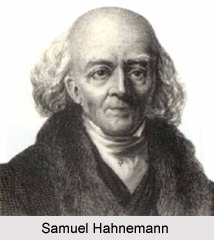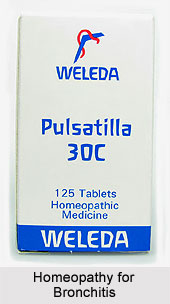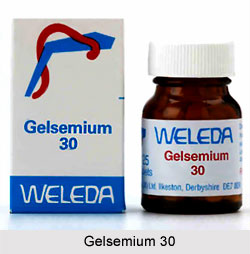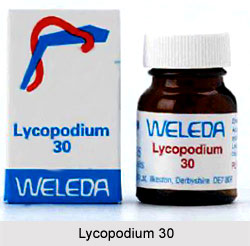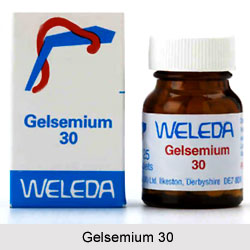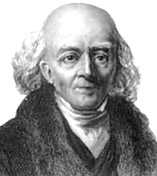 Christian Friedrich Samuel Hahnemann (10th April 1755 in Meißen, Saxony - 2nd July 1843 in Paris, France), was a German physician and the founder of homoeopathic medicine. Hahnemann is also accredited with introducing the practice of quarantine during his employment with the Duke of Anhalt-Köthen.
Christian Friedrich Samuel Hahnemann (10th April 1755 in Meißen, Saxony - 2nd July 1843 in Paris, France), was a German physician and the founder of homoeopathic medicine. Hahnemann is also accredited with introducing the practice of quarantine during his employment with the Duke of Anhalt-Köthen.
Samuel Hahnemann was the founding father of Homoeopathy. He established the fundamental principles of the science and art of Homoeopathy. He is rightly called the
`Father of Experimental Pharmacology` since he was the first physician to prepare medicines in a differentiated manner, proving them on healthy human beings and determines how the medicines acted in order to cure diseases. Before Hahnemann, medicines were given on speculative indications, mainly on the basis of authority without experimental verification.
Dr. Hahnemann espoused the law of cure known as "Similia Similibus Curentur", or "Like Cures Like". It literally means that, a remedy that produces symptoms in a healthy person will cure those same symptoms when manifested by a person in a diseased state. This law of cure has been asserted by millions of homoeopaths all over the world since the time of Hahnemann.
He discovered the remedial powers of drugs and inert substances such as gold, platinum, silica, vegetable charcoal, lycopodium, etc. By preparing the medicines through potentization, these inert and insoluble substances became soluble in alcohol or water and were charged with medicinal force.
He also propounded the primary and secondary actions of remedies. The primary action results from the first encounter between the vital force and the external agent, and the secondary action is a result of the vital force`s reaction to the symptoms of the primary encounter. This discovery led him to the curative powers of toxic substances.
Dr. Hahnemann very effectively elaborated on the different aspects of `acute` and `chronic` diseases. He rightly stated that, "acute diseases are short- lived; they have a beginning and an end, whereas the chronic diseases are co-existent with life. Either they are present in a manifest or a latent state". From this piece of work emerged the chronic miasms of Psora, Syphilis, and Sycosis.
Dr. Hahnemann was the primogenitor of several modern medical approaches. He held that, the treatment of insane patients is cruel and harmful and advised a humane treatment for the insane. He cured several insane patients with homeopathy, and gained popularity then on. He quickly discerned that poor hygiene was an essential contributor in causing the spread of diseases. His success with cholera and typhoid fever was in part due to this recognition. Hahnemann also accented on the importance of nursing, diet, bed rest, and isolation of patients during epidemic diseases. He described `Noxious` principles as the precursors of certain disease states.
Hahnemann`s three major publications highlight the development of homeopathy. In the Organon of Medicine (revised six times), he brushes up with the fundamentals. In Materia Medica Pura, he illuminates the exact symptoms of remedy provings. In his book, The Chronic Diseases, Their Peculiar Nature and Their Homoeopathic Cure, he demonstrates how the natural diseases become chronic in nature when, suppressed by improper treatment.
Dr. Hahnemann treated thousands of difficult and chronic cases that defied the best care from Allopaths all over Europe. His popularity fanned out to such an extent that physicians from Europe and America came to him to discern the new science and art of healing, called `Homeopathy`.
